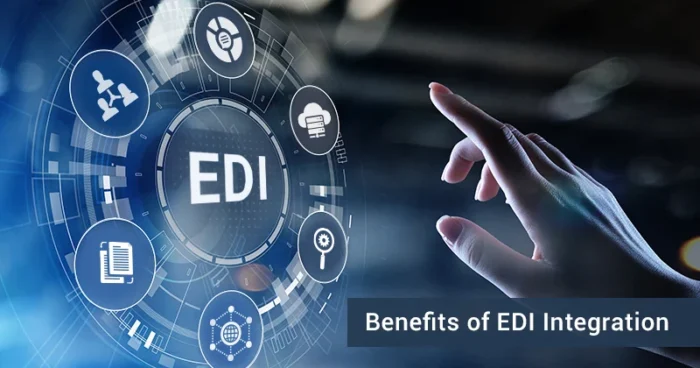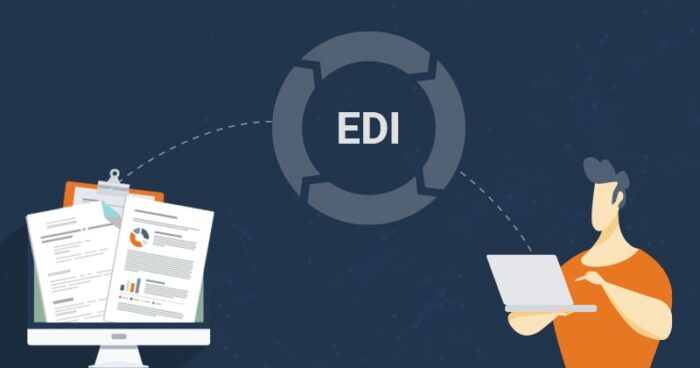
In these times of digitization, organizations today depend solely on computer systems for their fundamental functions. Tools like (EDI) electronic data interchange enable businesses to seamlessly and safely digitally upgrade their internal procedures. Through EDI, corporations can exchange various information like bills, delivery notes, sales, and purchases.
EDI Services can lower expenses and mistakes while increasing data transmission regulation, precision, speed, and safety. By digitally automating the data exchange procedure, EDI reduces human participation while reducing the necessity for paper documents and invoices. If you want to profit, you must streamline your EDI procedures and ensure they comply with your company’s objectives and needs.
Advantages Of Electronic Data Integration

Following are some of the main advantages of employing digital data interchange:
Enhances The Speed Of The Business Cycle
When handling orders, efficiency is essential. The ability to automate processes through EDI decreases, if not eradicates, the time duration resulting from traditional processing that calls for you to enter, file, and compare data, which slows down business operations. Instantaneous data updates simplify and improve the efficiency of inventory management. Regardless of the volume of data, digital integration considerably simplifies and speeds up processing and reporting.
Boost Data Quality And Minimizes Manual Mistakes
In addition to being ineffective, manual operations are also very error-prone, frequently due to unreadable writing, typing, retyping mistakes, and improper document management. Electronic Data Integration significantly raises data accuracy within a company and eliminates the need for reworking orders.
When adopting EDI for distributing and processing records and files, businesses should anticipate a considerable improvement in the standard and precision of data. It’s a clever method to decrease duplication of effort, increase reliability, and quicken the process.
Maximize Company Performance

Companies can gain from higher productivity levels since the possibility of manual mistakes is lower. Workers can focus on significant, beneficial work instead of monotonous work. Since EDI allows for quicker delivery of products and services, it can also help businesses manage their relationships with clients and business partners.
Promotes Transactional Safety
EDI’s ability to increase data quantity and quality is one of its main advantages, making it evident for companies that handle massive amounts of data and partner communication. Users can exchange data via EDI using various communication regulations while maintaining high-safety levels. Safeguarding information is as vital as data funnel setup; both worlds are available with Electronic Data integration. By safely transferring information over a broad spectrum of communication channels and privacy regulations, EDI improves the confidentiality of operations.
Eco-Friendly And Without Paper Waste

Digital processes replace paper-based ones, reducing CO2 emissions and fostering ethical business behavior.
Conclusion
Evaluating your existing EDI competencies and identifying the gaps, obstacles, and upgrade possibilities is essential in optimizing your EDI operations. You may employ a self-assessment tool or a consultant from a different company to assess your digitization infrastructure, guidelines, formats, rules, functions, collaborators, and efficiency. Additionally, you should evaluate your EDI rules, regulations, and compliance criteria by comparing them with market norms and requirements.








